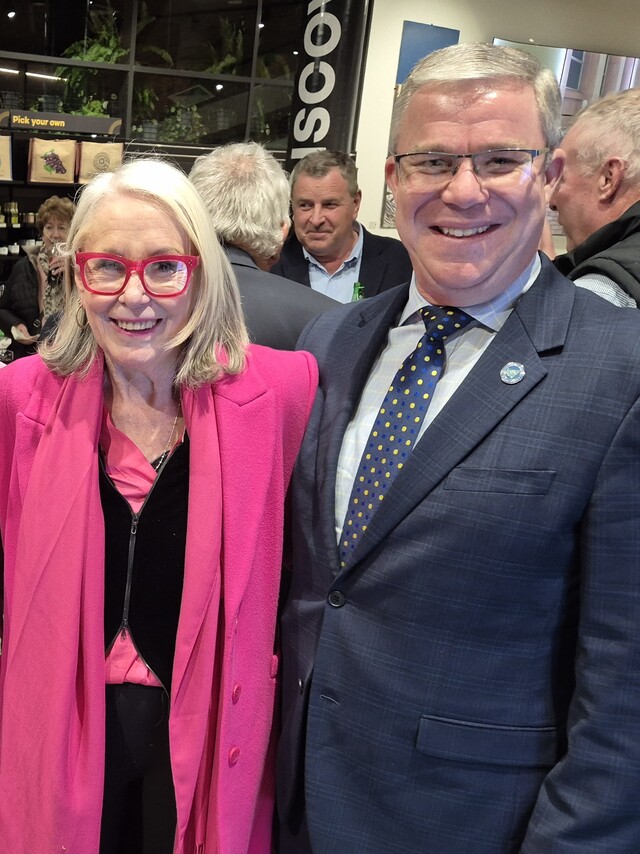Each edition we feature the views of a Local Government Association President. The following is from Mayor Brian Hurn, President of the Local Government Association of South Australia.
Growing interest in Local Government at the national and State levels has been confirmed recently by the significant increase in voter turn out at South Australia’s May 2000 Council elections.
Voting in Council elections in South Australia is not compulsory and for the first time all Councils conducted their elections via postal voting.
Previously Councils had an option of using either ballot or postal voting. While postal voting has a significant cost implication, it is proving to have popular acceptance among our communities which in turn is resulting in increased participation.
Only two periodic elections ago, we saw 145,000 South Australians vote in Council elections, compared with 435,000, or a 40 percent turnout at this election, so in a historical perspective we have seen the level of interest grow 200 percent in the space of just five years.
Such an increase in interest and awareness among the community certainly provides Councils with a mandate to take a much stronger role in the social, economic and environmental development of the State. And with voluntary amalgamations and new legislation, Local Government is feeling well equipped to take on a more significant role.
For newly elected Council members, and for those like myself who have been involved with Local Government for some time, keeping pace with the changing roles and functions of Council and Council members is an ongoing process. So too is the need to keep up to date with changing legislative requirements.
In this State, several new pieces of legislation have been introduced that are of significance to Local Government.
Of particular interest are recent changes to the Development Act incorporating protection for significant urban trees.
Activities which would damage trees with a girth greater than 2.5 metres now require a development approval, and Councils have the capacity, through listings in Development Plans, to place requirements around other specified significant trees.
This has been an issue of great community concern for many years in Adelaide. The issue of resourcing Councils to deal with this function has not been addressed at this stage.
Issues concerning development and planning often evoke the greatest interest in the community, consequently, it is these issues that are often raised with Council members.
The Local Government Association of South Australia is working closely with the State Government to implement what is being referred to as a planning and development assessment ‘System Improvement Program’.
The aim of this program is to assist Council members, people lodging development applications and the community at large, to gain a greater understanding of the planning process at both the State and Local level. As a part of the program a practical guide for Council members has been distributed and associated workshops are being promoted.
A key element of the program is support to improve the content of Development Plans to enable greater delegation of approvals. South Australia already has a high level of delegation to officers &endash; in the order of 90 percent of all applications.
In my view, elected Councils primary focus should be in ensuring that the Development Plan for their area is right. If this Plan is unambiguous, has been prepared with thorough community consultation and properly accommodates the need for orderly development then decisions on individual applications should be able to be made under delegation based on merit rather than in the politically charged environment of a Council meeting.
In today’s fast moving world, the need to think strategically is a necessity regardless of a Council’s size or geographic location.
In South Australia, Council members are responding to this need and the LGA is at their side providing the tools where necessary.







